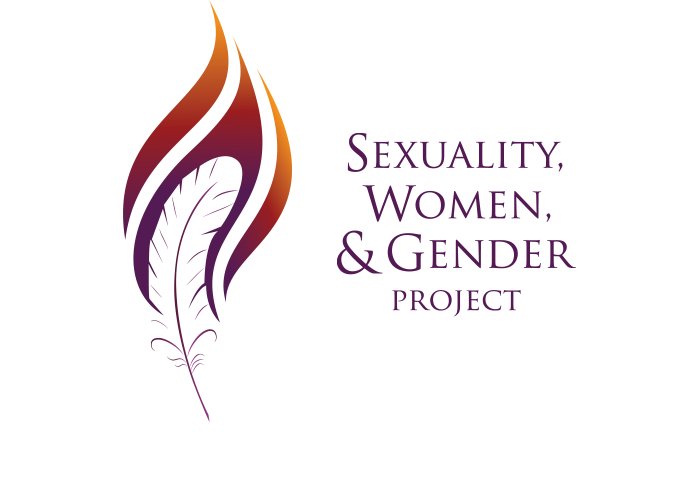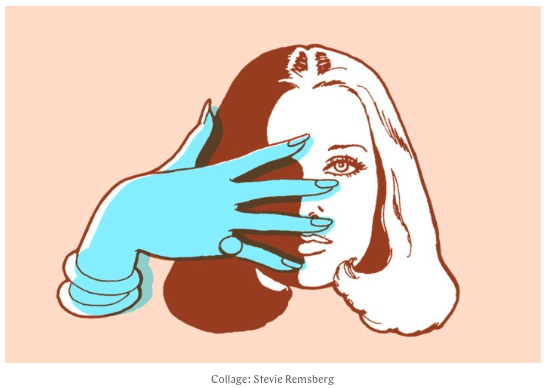Listen to FULL EPISODE with Alison Barker and many thanks to her thoughtful interview!
EPISODE HIGHLIGHTS
5.27 - postpartum considered as a pathology
6.14 - complex language used by mothers in interviews – coexistence/competing realities of positive/negative
7.10 - child outcome research not looking at experience of mother.
8.22 - Aurelie Athan marries positive to negative in her dissertation – postpartum flourishing and then the grey in between.
9.40 - Language around developmental stage of motherhood
10.17 - Disrupting the unitary model of motherhood – to consider all the diverse ways we come into motherhood and mother.
11.17 - Aurelie leaving her field and finding anthropological work of Dana Raphel and the word 'matrescence'
12.38 - Testing the word matrescence in her class at Columbia University
14:54 - Discussion of matrescence alongside adolescence
16:14 - Does matrescence have an end date? Additional pregnancies, additional children and how we experience mothering as the children grow.
17:54 - When does matrescence begin? The preconception window....
19:04 - The spiritual journey of pregnancy
20:30 - Positive psychology
22:05 - Why our culture is open to hear about matrescence – growth, wellness, complimentary medicine, self actualisation, spiritual development.
23:36 - Spiritual practices and beliefs as part of physical healing.
24:17 - How children influence the development of mothers. Lessons of patience, mindfulness, presence, meaning and purpose – are you living from that place - you have to walk the walk. Character traits we want to have in our children.
26:24 - Love, acceptance and compassion – not just loving ourselves with kindness but our own loving kindness – Kristen Neff
27:12: The #Metoo movement
27.25 - Enlightenment – awakening to truths
28:12 - Not being able to tolerate violence of kids on TV - collapse of self and other
30:14 - Collaboration instead of competition. “Mothers are counterculture” we can be the change agents. This is where society needs to go to ensure our survival and health. The other system of values has created destruction of planet mentally and physically. Aurelie believes this is the reason motherhood is so as we are moving from one set of values from the ego to arguably transcendent values.
33:41 - Changing attitudes in society to mothers
33:37 - Locating what mother needs in larger social matrix of support. Mothers are canaries in the coal mine.
35:42 - Different practitioners are coming round to this research - change in one domain creates change in others. Aurelie believes education is key.
37:48 - Mothers can be change agents
27:12 - Biggest complaint in interviews which Aurelie conducted with mothers is that ‘nobody told me this’.
38:15 - The modern day village
42:33 - Child is a force of nature that you have to surrender to.
42:55 - Curiosity to the logic labelling – you start learning from them. You can't predict what you are going to learn.
42:24 - Nice to meet me – confrontation with your true self by being with kids.
44:43 - Can be applied to any relationship where tethered to another – with pet or another caregiving role so we don't disrespect one life over another.
45:46 - Mother guilt and suffering which is where we get stretched and the depth comes. What is being asked of us in our maturation?
48:00 - Murphy's law when trying to Trickster energy – when trying to get something done can't - when trying to get out of the door when our child is taking a long time to get ready. Aurelie says this is what tempers the ego. Any ideas on why the attunement between mother and child always seems to be this way? Please do share.
53:05 - Liberating our own mind with knowledge.
RELEVANT LINKS
Link to the papers discussed in the podcast
Aurelie’s website, Twitter
Kristen Neff’s website































